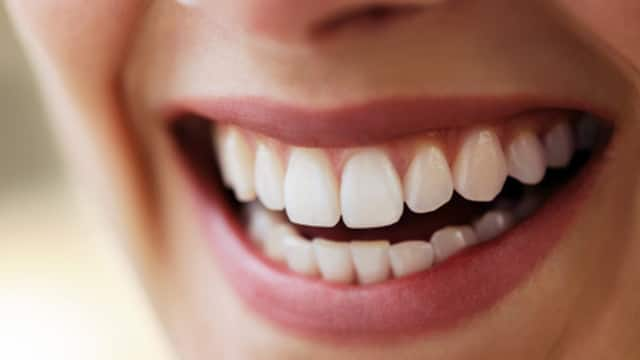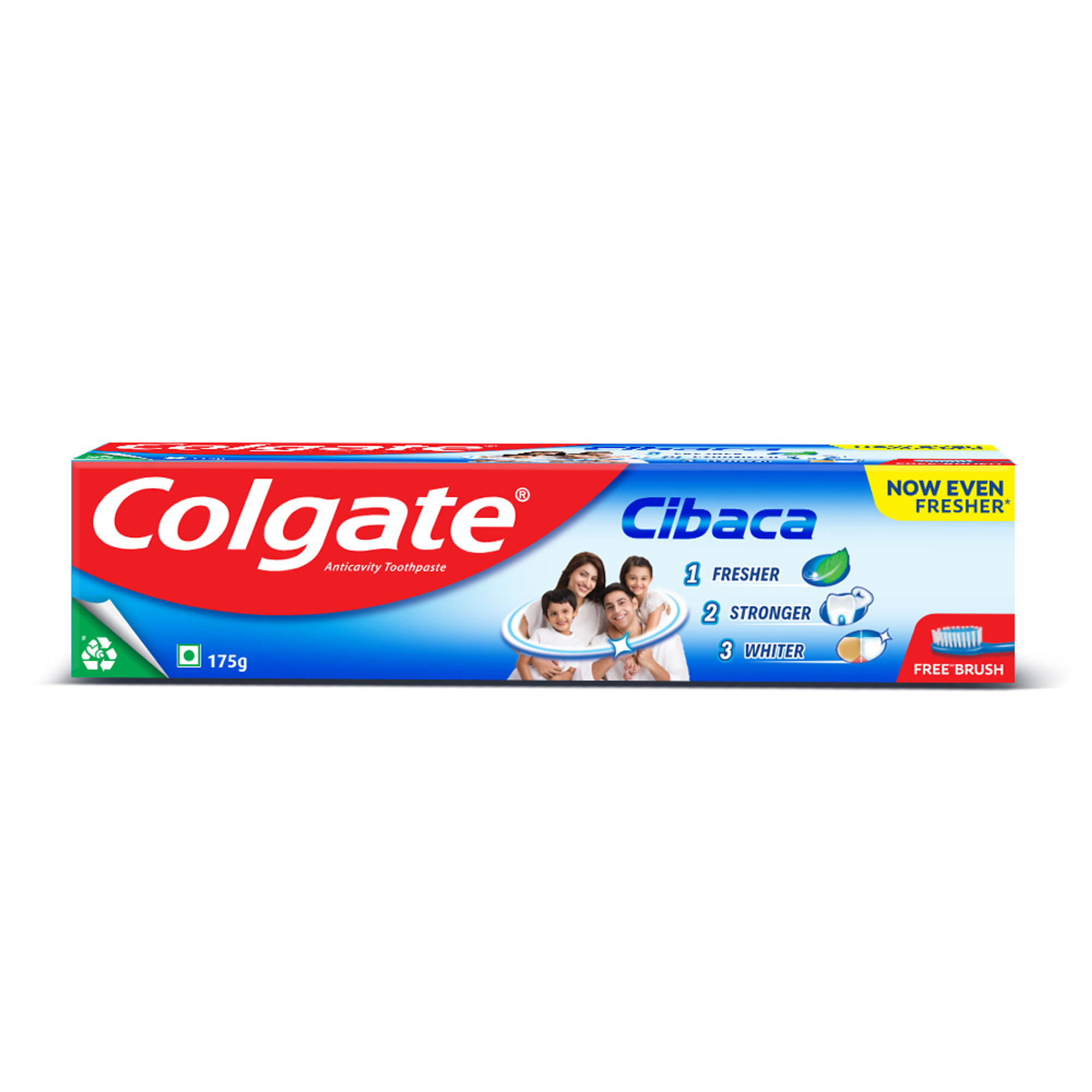-
-

TEETH WHITENING
What Is Stannous Fluoride Toothpaste?Stannous fluoride toothpaste helps prevent cavities, reduce sensitivity, fight plaque, and support daily gum and enamel health.

Selecting Dental Products
Best Toothpaste in India: Five Dentist-Recommended TypesToothpastes today are formulated to meet your every dental need and come in many flavours. Have your dental professional suggest the best toothpaste in India.
-
Science & Innovation
- ORAL HEALTH CHECK
- PRODUCT MATCH
- Colgate® | Toothpaste, Toothbrushes & Oral Care Resources
- Oral Health
- Nutrition & Oral Health
- Tooth Nerve Pain: Triggers & Treatment


Whether it is a sharp, stabbing sensation or a dull ache, tooth nerve pain can take the enjoyment out of eating. Identifying which foods are most likely to trigger a painful reaction helps reduce your suffering, but tooth sensitivity is often a sign of a deeper problem. Tell your dentist if you suffer from pain during or after eating so he or she can find out the cause and provide treatment.
Tooth Sensitivity
Eating can cause sensitivity and pain when the dentin inside teeth is exposed to the mouth. Above the gumline, teeth are coated with enamel, and below the gumline they are covered in cementum. Both enamel and cementum protect dentin, which is a soft, yellow-brown dental mineral filled with tubules that lead to the inner nerve pulp. When teeth lose their protective coatings, temperature changes in the mouth and food and drink can move through the tubules to the tooth nerves. The enamel erosion, cavities, gum disease, exposed tooth roots and tooth fractures expose dentin in teeth and trigger tooth pain.
Tooth Nerves
Unlike enamel, cementum and dentin, tooth nerves are sensitive to stimulation. This is helpful because it means they can tell us when there is a problem with our teeth. Unfortunately, it also means that irritating tooth nerves causes pain. High and low temperatures and acidic and sugary foods irritate the nerves in your teeth.
Foods to Avoid
Avoid trigger foods and drinks to reduce tooth nerve pain. Some foods to avoid include:
- Pickles
- Tomatoes
- Citrus fruits
- Cookies
- Candy
Allow hot food to cool before eating and avoid ice cream, ice cubes and other very cold or chilled foods. You should also avoid drinking soda. Sugary soda can trigger sensitivity, and sodas also contain phosphoric and citric acid, which erode tooth enamel.
How to Treat Tooth Nerve Pain
To treat tooth nerve pain effectively, brush your teeth correctly, use a toothpaste for sensitive teeth and visit your dentist. Scrubbing harshly at your teeth erodes tooth enamel and can damage your gums, exposing tooth roots. Use a soft-bristled toothbrush and hold it at a 45° angle. Brush in a back and forth motion along the gumline. To help calm your tooth nerves while you brush, you can use a sensitive toothpaste. Your pain and sensitivity may be due to a dental problem that can be fixed, so go to see your dentist.
Pain while eating isn't fun, but there is plenty you can do to treat tooth sensitivity. Avoid very hot or cold and sweet or acidic foods, and pay your dentist a visit. When nerve pain from your teeth is reduced or fixed, you can enjoy your food again.
This article is intended to promote understanding of and knowledge about general oral health topics. It is not intended to be a substitute for professional advice, diagnosis or treatment. Always seek the advice of your dentist or other qualified healthcare provider with any questions you may have regarding a medical condition or treatment.
ORAL HEALTH QUIZ
What's behind your smile?
Take our Oral Health assessment to get the most from your oral care routine
2.3 billion
people worldwide suffer from tooth decay
ORAL HEALTH QUIZ
What's behind your smile?
Take our Oral Health assessment to get the most from your oral care routine
2.3 billion
people worldwide suffer from tooth decay
Related Products

Helping dental professionals
More professionals across the world trust Colgate. Find resources, products, and information to give your patients a healthier future









